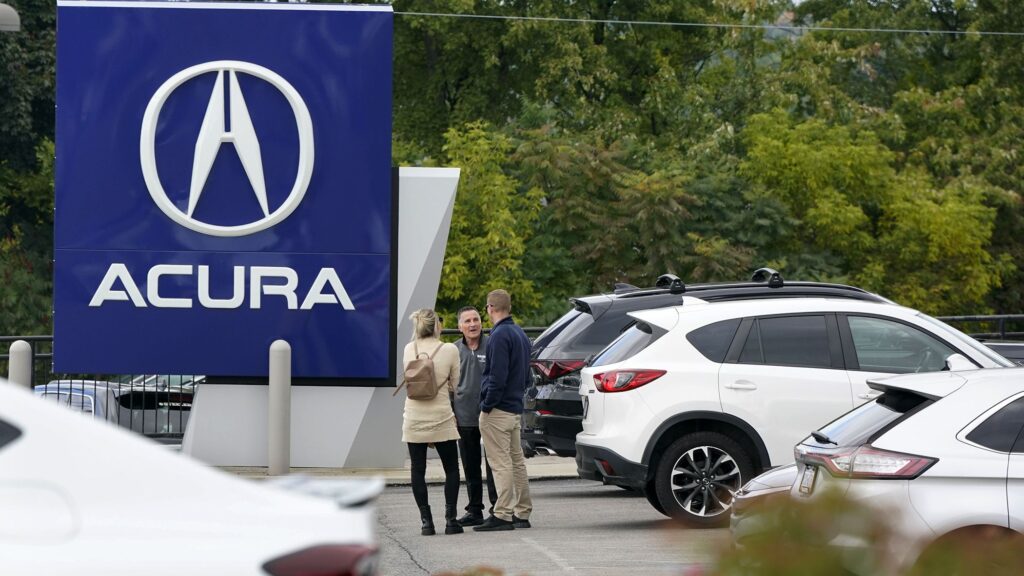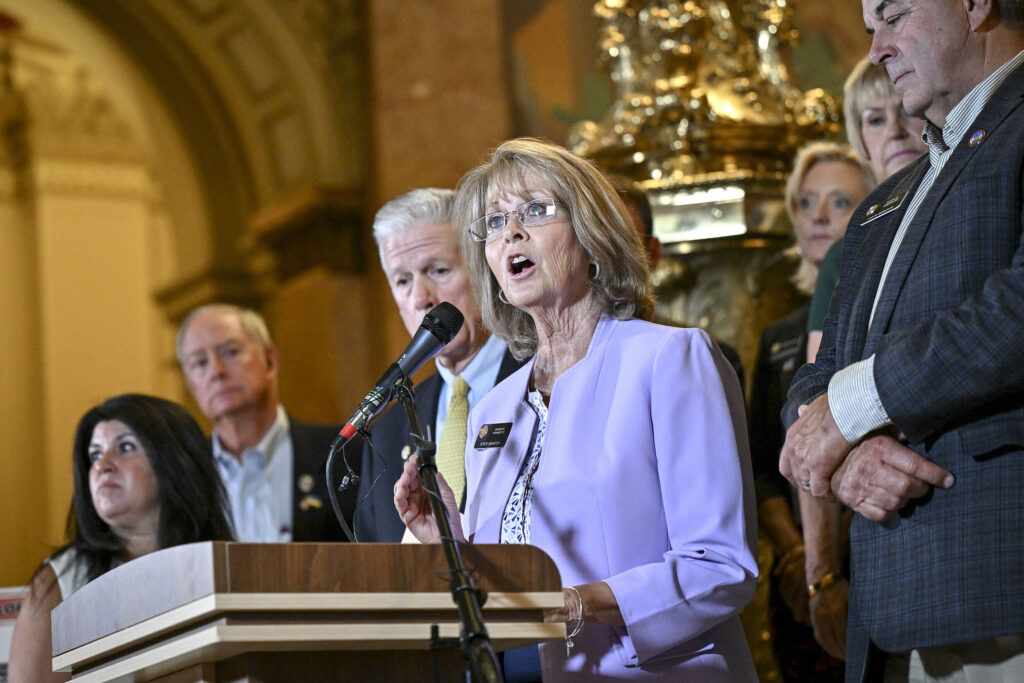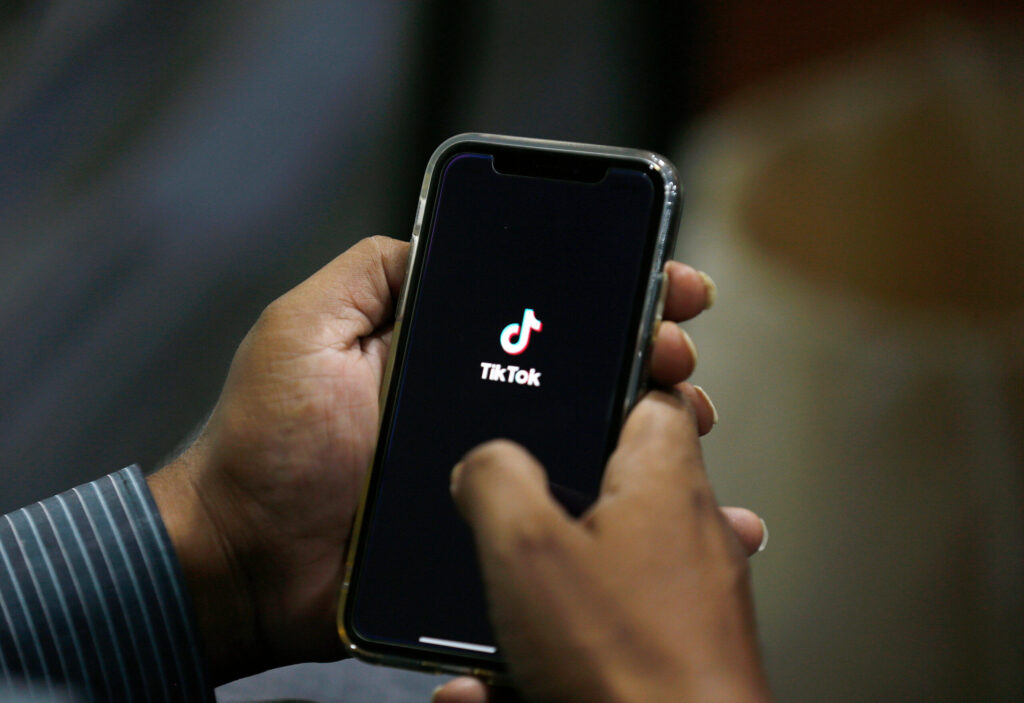Audit: Dozens of Colorado’s tax deductions, exemptions are underused

Dozens of Colorado’s tax deduction and exemption programs are being underused, with many having absolutely no use at all, according to a new state audit.
The Office of the State Auditor released its fifth annual tax expenditure compilation report on Friday, detailing individual evaluations of 48 tax expenditures, including various tax credits, exemptions and deductions. The report completed the office’s first full five-year review cycle, which it has been working on since 2018.
This year’s report showed the most negative results yet.
Of the 48 tax expenditures evaluated, 18 were found to not be meeting their intended purposes. Another 14 are partially meeting their purposes, and one could not be determined, meaning only 15 of the 48 programs are performing as intended.
This nearly doubles the state’s number of unsuccessful tax expenditures, as the annual reports from 2018 to 2021 found that only 21 programs were not meeting their intended purposes. The year of each report only reflects when the evaluations of the programs were conducted. In each annual report, different tax years are used per program, depending on the data available, and the dates the programs were enacted vary from 1883 to 2018.
The reports from 2018 to 2021 found that 93.5%, 80%, 86.5% and 66.7% of evaluated programs were meeting their purposes or partially meeting their purposes, respectively. The 2022 report concluded that only 60.4% of programs were meeting or partially meeting their purposes.
“These evaluation reports help lawmakers understand whether tax expenditures established in state law are meeting their purpose and what policy actions might be needed,” said Audit Manager Trey Standley. “A number of tax expenditures have been repealed or modified as a result of the OSA’s work.”
This year, almost all 18 of the unsuccessful tax expenditures were determined to not be meeting their purposes simply because of lack of use, according to the audit.
One-third of the unsuccessful programs had zero users during the tax years evaluated in the audit: the Rural Broadband Equipment Refund, the Catastrophic Health Insurance Deduction, the Child Care Employer Facility Investment Credit, the Aviation Gasoline Excise Tax Exemption, the Commercial Vehicles Used in Interstate Commerce Exemption and the Credit for Purchase of Uniquely Valuable Motor Vehicle Registration Numbers.
The Rural Broadband Equipment Refund – allowing broadband providers to claim a refund of sales tax paid for property installed in unincorporated areas with populations under 30,000 – has not been granted to anyone since it was established in 2014. The program has received 14 claims; however, they were all rejected because of lack of sufficient information to prove eligibility.
The Credit for Purchase of Uniquely Valuable Motor Vehicle Registration Numbers was only used right after its creation in 2016, resulting in $41 of revenue impact that year and none since. The income tax credit is available for people who buy customized license plates from the Colorado Disability Funding Committee, but according to the audit, the current committee was unaware of the credit and has not been issuing certificates to buyers that are needed to claim the credit.
The Child Care Employer Facility Investment Credit has been rarely used in recent years and was not used at all in 2018, the tax year the audit evaluated. It aims to incentivize employers to operate a child care facility for their employees with a 10% tax credit on the investment; however, the audit found that this was not nearly large enough to justify the extreme expenses.
The Catastrophic Health Insurance Deduction, Aviation Gasoline Excise Tax Exemption and Commercial Vehicles Used in Interstate Commerce Exemption were all deemed unnecessary by the audit, completely unused because they each either duplicate another program or their qualifications are too limited.
The other 12 unsuccessful tax expenditures from the audit are as follows:
? Olympic Medalist Income Tax Deduction: Few eligible athletes have used it, too few taxpayers to calculate revenue impact.
? First-Time Home Buyer Savings Account Income Tax Deduction: Rarely been used and provides a small tax benefit, revenue impact of $1,942 from four taxpayers.
? Medical Marijuana Sales Tax Exemption for Indigent Patients: Underused, revenue impact of $10,133 from 83 taxpayers.
? Property for Use in Space Flight Exemption: Minimal use, revenue impact of $12,000 from an undetermined number of taxpayers.
? Deduction for Contributions and Pre-Tax Payments to Medical Savings Accounts: No longer necessary because similar federal deductions were established after its creation in 1994, revenue impact of $16,000 combined with other similar deductions from less than 250 taxpayers.
? Medical Savings Employer Contribution Deduction for Corporations, Individuals, Estates and Trusts: No longer necessary because similar federal deductions were established after its creation in 1994, revenue impact of $16,000 combined with other similar deductions from less than 250 taxpayers.
? Colorado Works Program Employer Credit: Underused and eligibility requirements limit effectiveness, since users likely exceed the income limits once they begin receiving wages, revenue impact of $35,374 from 32 taxpayers.
? School-to-Career Expenses Credit: Been used by few taxpayers, none of whom submitted the required documentation demonstrating eligibility, revenue impact of $41,860 from 51 taxpayers.
? Military Service Persons Reacquiring Colorado Residency Deduction: Used infrequently and inconsistent with the purpose established by the General Assembly, revenue impact of $168,939 from 63 taxpayers.
? Low-Emitting Vehicles Exemption: No longer effective because federal emission requirements have made the qualifying low-emitting commercial trucks the standard since 2014, revenue impact of $2.2 million from an undetermined number of taxpayers.
? Long-Term Care Insurance Credit: Not large enough to encourage use and benefit has declined because premium costs have increased, revenue impact of $2.6 million from 12,500 taxpayers.
? Innovative Trucks Income Tax Credit: Used minimally because there aren’t many available electric trucks to purchase, undetermined revenue impact and taxpayers.
The annual audit reports of Colorado’s tax expenditures are required by Senate Bill 16-203, passed in 2016 to begin in 2018. Under the bill, the Office of the State Auditor must report annually to the General Assembly on the tax expenditures’ use, effectiveness and impact to taxpayers. The Legislative Oversight Committee Concerning Tax Policy will now review this newest report.
Now that the first five-year cycle has been completed, the Office of the State Auditor will start over with a new five-year review cycle, which will include new tax expenditures established since 2018.













